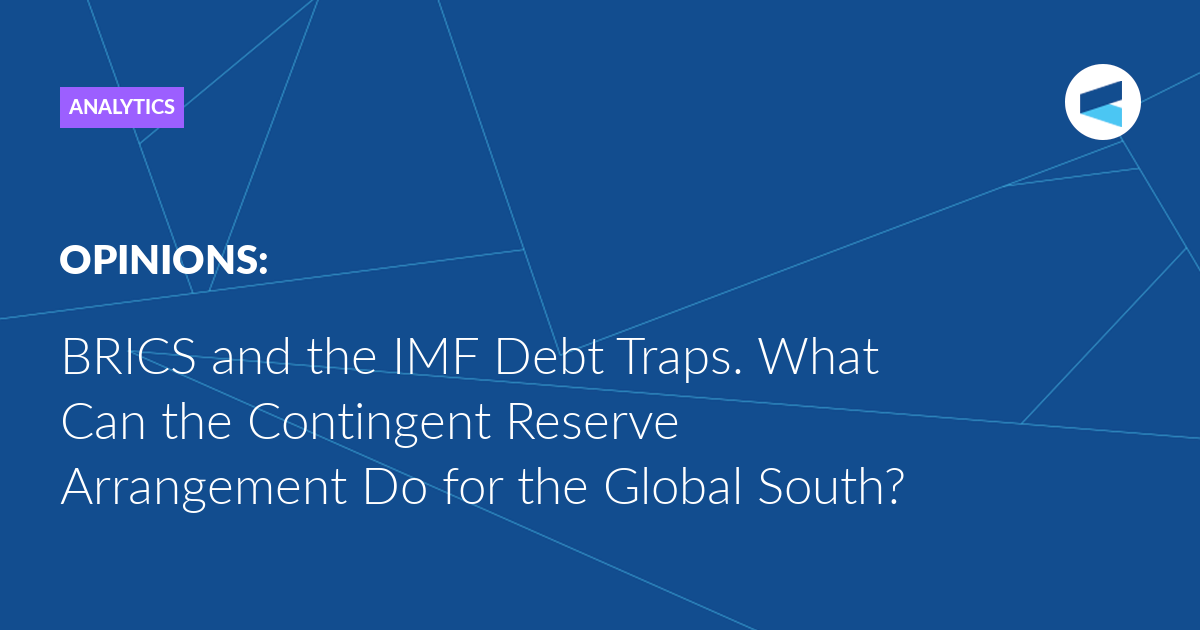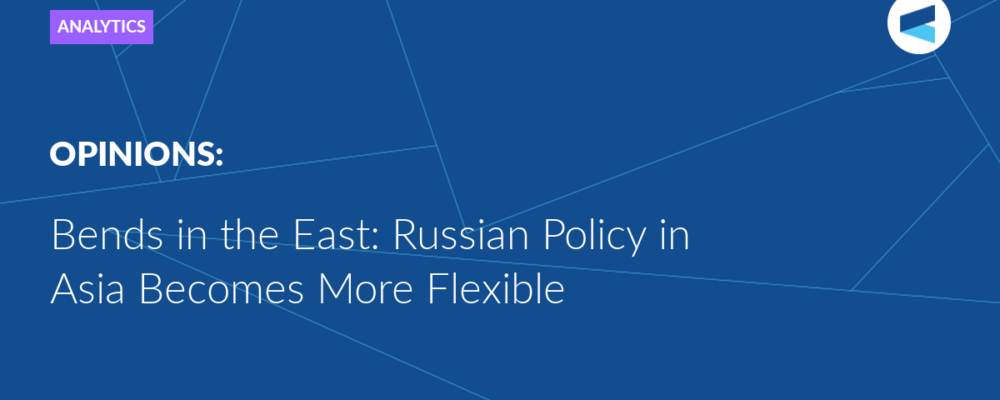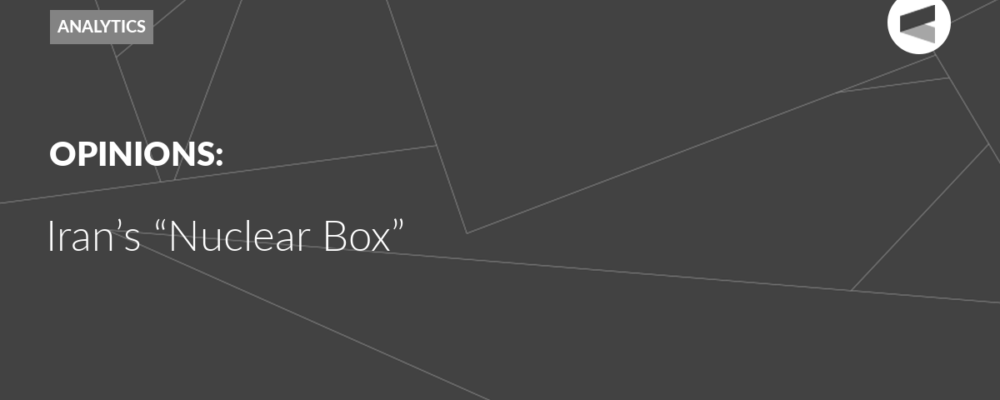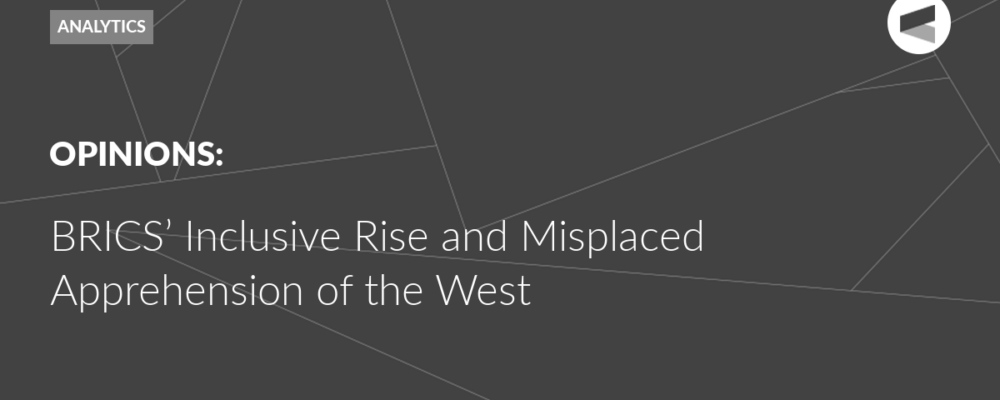There are even two new BRICS members in this situation: Ethiopia and Egypt, the latter of which, as well as being a BRICS member, is also a member of the NDB, which has another member, Bangladesh, in the same situation.
Ethiopia declared a default on its debt services in December 2023 (US$ 31 million) and is being pressured by the Paris Club to guarantee a US$ 3.5 billion loan with the IMF as a condition for suspending debt service payments for 2025. Analysts say that the IMF must impose a currency devaluation on the country and the privatisation of part of the banking and telecommunications sectors. In other words, Ethiopia will devalue its assets and then sell them to foreigners. A classic example of a “debt trap”.
Egypt finds itself in a similar situation. It requested a $5bn extension from the IMF (after requesting $3bn in December 2022), which was confirmed in March 2024. The Fund’s conditions are the devaluation of the Egyptian pound, the cancellation of any exchange control mechanism, monetary and fiscal rigidity, cutting social spending for the poorest, and an end to state incentives for state-owned companies.
A BRICS’s bold bet needs a political decision
Now, let’s imagine: instead of requesting resources from the IMF and being forced to submit to the Washington fund’s conditionalities, these countries – which are already members of BRICS and/or the NDB – could access the Contingent Reserve Arrangement. Instead of calling Kristalina Georgieva, they call Dilma Rousseff. Instead of submitting to the IMF’s debt trap, they seek economic adjustment solutions within the BRICS framework, the aim of which would be to prioritise the interests of the Ethiopian, Egyptian, and Bangladeshi economies and people and not the interests of Wall Street or the City of London.
Is this too idealistic a proposal for a monetary fund that currently has $100 billion and could grow with contributions from new members with robust international reserve liquidity, such as Saudi Arabia and the UAE? I don’t think so. Around 10% of the fund’s resources would solve Ethiopia and Egypt’s emergency. However, for this to happen, another obstacle in the CRA statute still needs to be revised. Currently, if a CRA member country requests resources from the fund, only 30% can be authorised sovereignly by the BRICS countries. The other 70% must be authorised by…the IMF!
In other words, an “alternative” monetary fund to the IMF has been created, but it needs the IMF’s blessing to be used. It’s ironic, but it demonstrates what Sergei Glazyev said recently when referring to the NDB, which also applies to CRA: “The problem is that the NDB works according to the status of the dollar. They need to reorganise this institution to make it viable”. It’s understandable, as both were created in a different context than today’s, in which we had yet to experience such a sharpening of the contradictions between the imperialist powers and the global majority. But history demands a change.
Ultimately, this is a political decision by the BRICS heads of state. Saving some of its members from the classic “debt traps” imposed by the IMF would be a historic political victory for the Global South, which could demonstrate, in practice, the potential of cooperation in BRICS. Who knows, maybe in the future, the CRA will be extended to more countries in the South.
The bailout for countries facing international reserve liquidity problems is only an emergency measure, which doesn’t solve the structural problems of the unequal relations between the countries of the Global North and South within the global capitalist system. Nor does it solve the serious problem of the debt owed by the countries of the Global South to multilateral financial institutions and private banks in the US and Europe. For this to happen, it will be necessary to move forward with different strategies that tackle the bottlenecks to development in Latin America, Africa, and Asia. It may also involve a significant global debate on cancelling part of the Global South’s debt. However, BRICS needs concrete achievements, and the Contingent Reserve Arrangement may be our lowest-hanging fruit.
The Valdai Discussion Club was established in 2004. It is named after Lake Valdai, which is located close to Veliky Novgorod, where the Club’s first meeting took place.
Please visit the firm link to site






